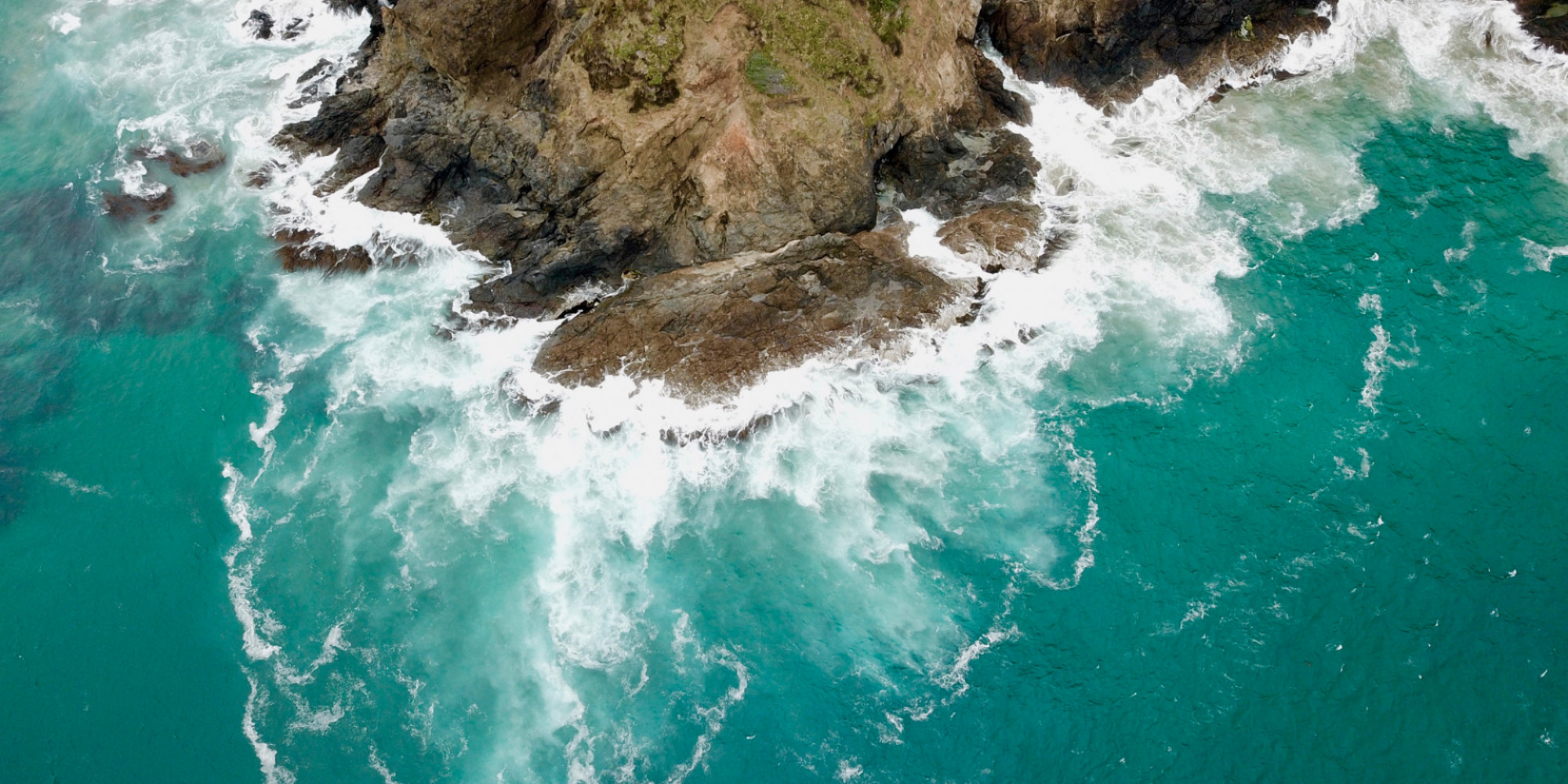Posted on 18 December 2017
New resource: Understanding kaitiakitanga in our marine environment
- News
- Improving decision-making Kaitiakitanga Tikanga and mātauranga Māori Tangaroa National Report
- 4 Minutes to read
This publicly-available report examines mātauranga associated with the marine environment, and explores themes and why they are important to consider in decision-making. It also indexes the reference sources of this varied mātauranga, and signposts where to go for further detail.
We hope this report, Hui-te-ana-nui: Understanding kaitiakitanga in our marine environment, is useful to iwi, hapū, hapori and whānau in the pursuit of their own knowledge retention, management and transmission to future generations.
We also anticipate this resource will be useful to decision makers of all kinds and at all levels. However, we caution the use of quotes or analysis out of context, without respect for those ancestors who provided it, and in isolation of reference to existing tangata whenua (tangata moana) sources and authorities.
This resource is of practical use to anyone with an interest in marine resource management – including:
- Iwi and hapū
- Community groups
- Environmental NGOs
- Central government
- Regional councils
- Policy makers
- Industry
- Researchers
This research is also important for developing and trialling ecosystem-based management (EBM), as it improves our understanding of the context, importance and depth of mātauranga Māori and kaitiakitanga associated with the marine environment.
Why was this research needed?
Mātauranga Māori (Māori knowledge) is a complex system of experiential knowledge that comprises intergenerational beliefs, values and practices that contribute to the sustainable management of the marine environment.
However, there is no single repository or index of mātauranga and kaitiakitanga relating to the marine environment from archival and written sources, and much of this knowledge has been diminished and lost over time. This makes it difficult for iwi, hapū, whānau, resource assessors and managers, and others with an interest in marine ecosystems, to be fully informed when making decisions; depriving Aotearoa of benefiting from the valuable contribution of relevant knowledge established over thousands of years.
Understanding, developing and retaining mātauranga and kaitiakitanga specific to the marine environment is a vital component of ecosystem-based management (EBM) for Aotearoa. For example, it is crucial for developing spiritual, cultural, social, environmental and economic practices, indicators and metrics that are relevant to our Aotearoa context.
35 archives examined
The team used Kaupapa Māori and critical discourse analysis to examine mātauranga associated with the marine environment by researching archives and reviewing key texts. They also collated and examined historical examples of marine kaitiakitanga that highlight the depth of mātauranga and the expression of Māori connection to the marine environment.
They examined 35 archives, including 9 Waitangi Tribunal reports, personal diaries, reports, frameworks and legislation that relate to Māori perspectives of the marine environment. Each archive contained a number of papers, books and/or other material.
They reviewed:
- Tikanga (customs and protocols)
- Karakia (incantations)
- Whakapapa (genealogies)
- Mōteatea (chants)
- Pūrākau (ancestral stories and narratives)
- Waiata (songs)
- Whakataukī and whakatauākī (proverbs)
- Maramataka (lunar calendar and heavenly bodies)
- Kupu (relevant words)
- Waka voyaging traditions
- Kaitiaki and kaitiakitanga (guardianship)
- Pēpeha (tribal sayings)
Ngā Moana Whakauka – Sustainable Seas National Science Challenge is committed to the appropriate protection, management and use of mātauranga Māori within its research, outputs and outcomes. This is expressed through the respect and integrity of our researchers, both Māori and non-Māori, and in our approach to ethics and the management of intellectual property. Where mātauranga Māori is sourced from historical repositories, we recognise the obligation to take all reasonable steps to ensure its protection and safeguard for future generations. We also acknowledge the findings of the Waitangi Tribunal in relation to 'Ko Aotearoa tēnei: A report into claims concerning New Zealand law and policy affecting Māori culture and identity' and are committed to working with Māori researchers and communities to refine our approach.
Project details
Title: Hui-te-ana-nui: understanding kaitiakitanga in our marine environment
Leader: Anne-Marie Jackson, University of Otago (Ngāti Whātua)
Team: Ngahuia Mita, University of Otago (Te Aitanga-ā-Māhaki) and Hauiti Hakopa, University of Otago (Ngāti Tūwharetoa)
Duration: July 2016 – July 2017
This was a Māori-led project, with a Māori research team and advisory group. This was critical given the project’s focus on mātauranga and kaitiakitanga in the marine environment, and because the kaupapa is highly relevant and important for Māori as well as all New Zealanders.
